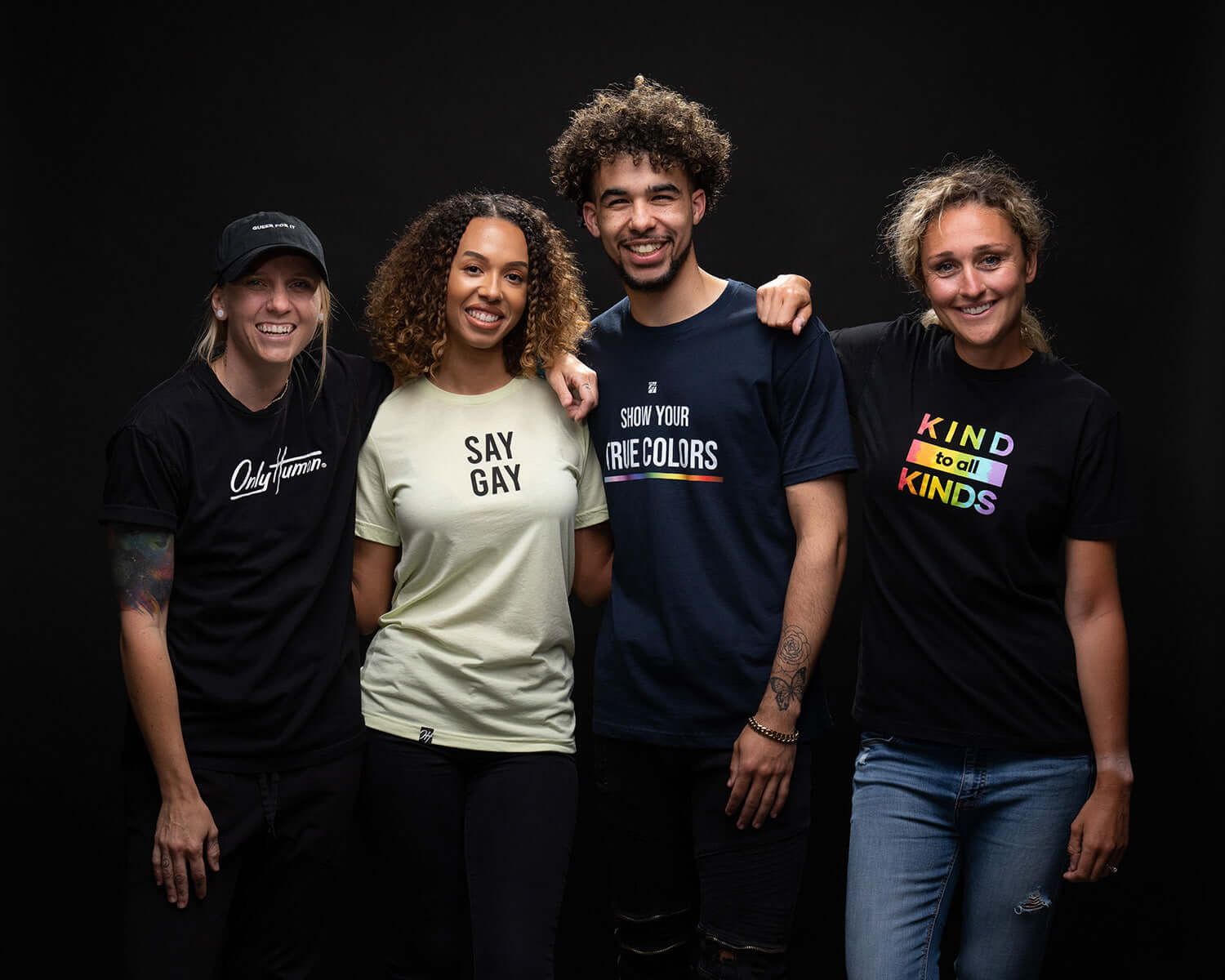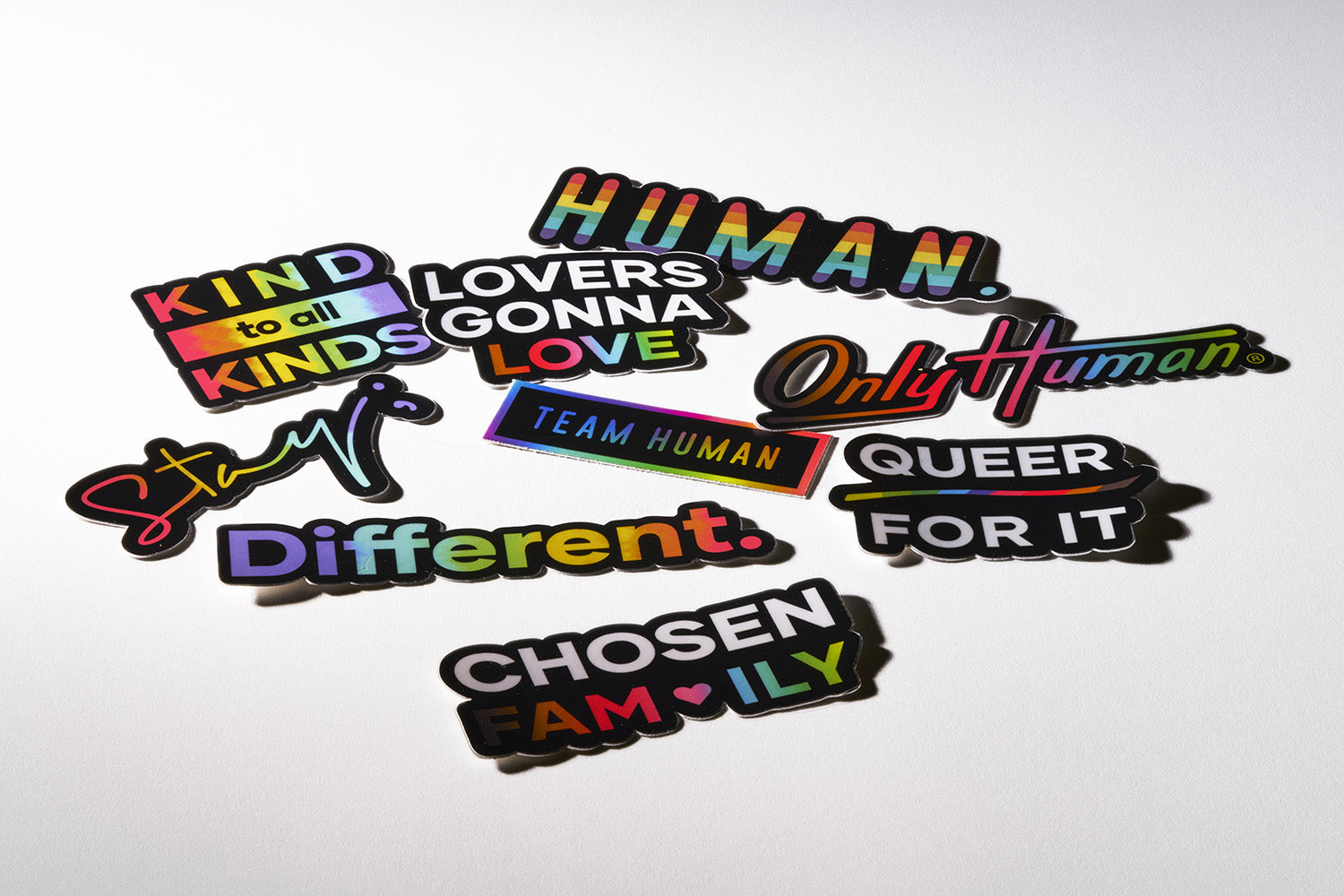According to the ACLU, in state legislatures alone over 100 bills attacking transgender people have been introduced since 2020. These bills target transgender and nonbinary humans for discrimination through healthcare, use of public facilities, identification documents, and participation in sports.
All humans have a role in creating the vision and reality for LGBTQ+ humans to be included and able to lead in social, economic, and civic systems.
So you want to make a difference for LGBTQ+ individuals? Here’s how you can support the community:
- Vote
- This is your GREATEST POWER! Know what your representatives stand for and use your voice.
- Contact Your Representatives
- When a bill is being passed that you like or don’t like, tell your representatives about it. Most LGBTQ+ organizations involved in policy will put out a call to contact constituents who are deciding these policies and provide you with a template of what to say via email or phone call!
- Policy
- Understand all levels of government and what your representatives are voting for, particularly for inclusive non-discrimination ordinances.
- Learn about state and federal civil rights protections for LGBTQ+ humans.
- Check out what’s going on in your state with this policy map!
- Community
- Ordinary people do extraordinary things. Join together with your local community to listen, learn, and share your vision for tomorrow! Don’t underestimate the power of humans coming together.
- Connections
- Get involved with equality organizations in your community.
- If you live in New York - Google “Equality New York LGBTQ” and you’ll see organizations specifically working in your state! You can do this for any of the states!
What you say and do can have a drastic impact on policy and livelihood for people, so make sure you know what’s going on in your local, state, and federal communities. Typically, elections are decided by a fraction of a percent, so your vote really does matter.






















